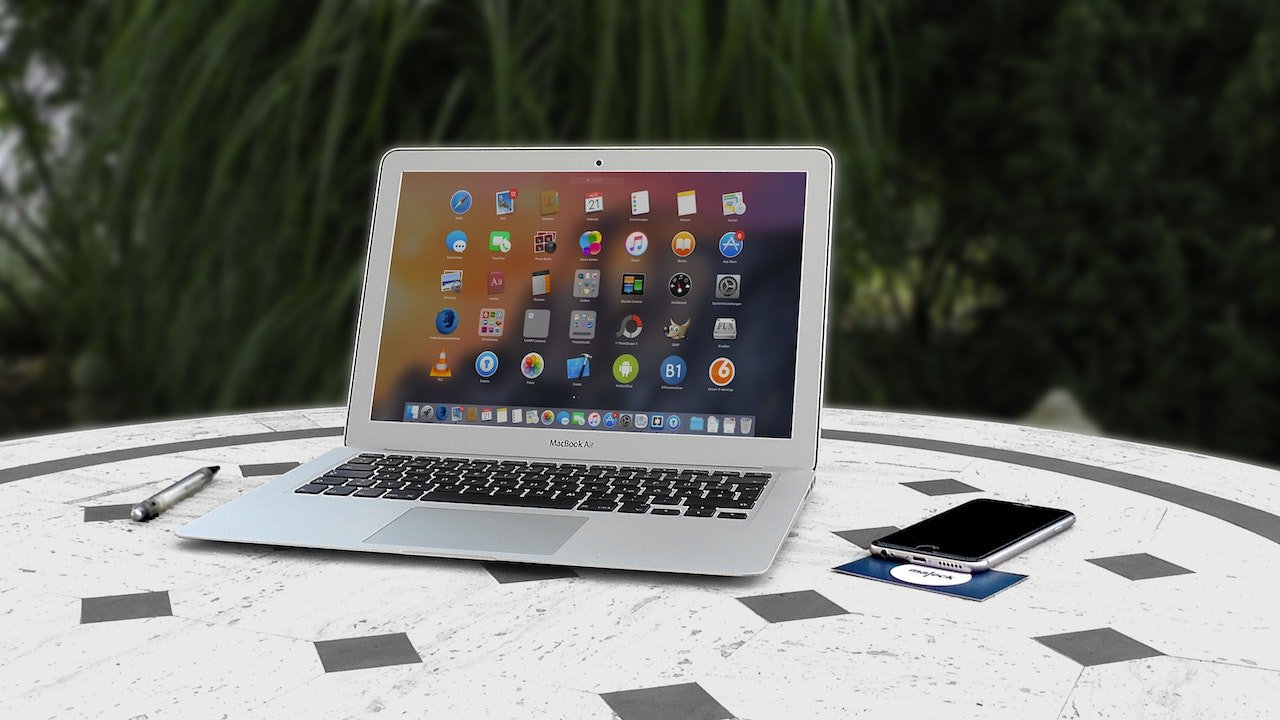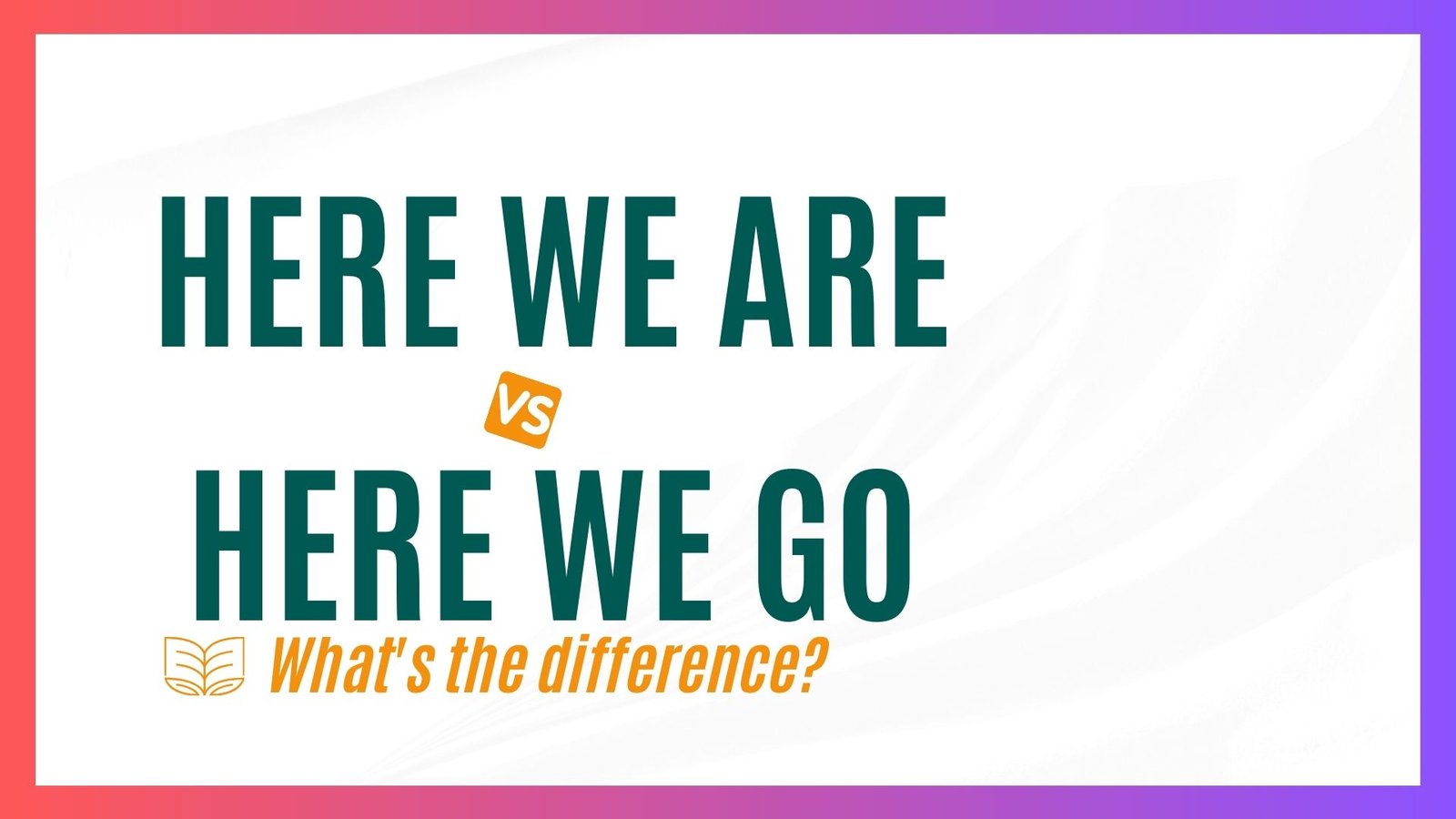

PETRA YVONNE ENGLISH
Science & Technology
The Industrial Revolution, which started in the 18th century in England, brought major
technological changes. Technology evolves very quickly; its process is unstoppable and is
affecting our everyday life.
Nowadays, we cannot imagine our lives without electrical appliances such as microwave ovens, cookers, fridges, freezers, food processors, vacuum cleaners, washing machines. When it comes to gadgets or devices, there are mobile phones, computers, and tablets.
A MOBILE PHONE / CELL PHONE
- It is a symbol of comfortable and quick communication.
- You can call or text your friends anytime.
- The first mobile phone was made in 1973 by Martin Cooper, an American engineer. First mobile phones were oversized and heavy, looking like a brick, and the battery lasted only about 25 minutes.
- Now, mobile phones are pocket-sized mini-computers, and the battery can last for a few days.
- Smartphones came out later, in 2007. They have a camera for taking good photos and videos, and let us browse the internet. Smartphones also have many useful apps like GPS, weather forecasts, WhatsApp, Instagram, Messenger, and educational apps like Duolingo, Chatterbox, BBC Learning, Spotify, and more. Smartphones also come with features like Face ID, fingerprint scanners, digital wallets, health apps, and many other modern tools.
Problems with phones
- We often use them too much, even for small tasks, which can lead to addiction.
- They can be dangerous when people use them while driving.
- Teachers feel frustrated when students don’t turn off their phones in class because it disrupts learning.
QUESTION TIME
Part 1
- What kinds of electrical appliances do you have at home?
- What do you use them for?
- Can you compare the first mobile phones to today’s phones?
- What are the biggest problems associated with communicating via mobile
phones? - What applications do you use?
- How much screen time fills your day?
COMPUTERS & THE INTERNET
- The first computers were very large and slow.
- Today, modern computers are very fast and small.
- The Apple PC was invented in 1976 by two American computer engineers: Steve Jobs and Steve Wozniak.
- Modern computers often have wireless peripherals, such as keyboards, mice, and printers, which reduce clutter and make things easier.
The history of the Internet
- The internet began as a military project, but later scientists started using it too.
- It started in 1969.
- In the 1980s, people started calling it the “Internet“
Today, almost everyone has access to the internet, and most people use it daily. It’s useful for:
- Checking and sending emails,
- doing schoolwork and studying,
- using internet banking,
- shopping online,
- watching films and series,
- listening to music,
- chatting with friends,
- booking tickets, hotels, and holidays,
- gaming,
- making video calls,
- reading books, papers, articles, and other written content,
- searching for a job.
- looking up information, such as opening hours for public offices, train and bus schedules, and weather forecasts,
- social media networking,
- working remotely,
- watching live streams,
- online dating,
- following influencers.
Drawbacks/ cons/ disadvantages/ negative aspects of the Internet
- Young people are often glued to their computer screens, and as a result, they may become “mouse potatoes”. They don’t do any physical exercise, become lazy, and too comfortable. They can get obsessed with their computers and may even become more aggressive both physically and verbally.
- People often forget about talking face-to-face and spend more time in a virtual world.
- There are rude and aggressive opinions on websites, and some users may experience online harassment or bullying.
- Scams and hoaxes are common online, and some people get tricked into giving away personal information or money.
- Pornography, including child pornography, is available online and is a serious problem.
- People binge-watch series on different streaming platforms.
SOCIAL MEDIA PLATFORMS are one of the main means of communication worldwide.
- Instagram is a social media platform where users can share photos and videos with their followers.
- It started in 2010.
- You can create an account and upload photos and videos, edit them with filters and share them on your profile.
- You can also follow other users and see their posts in your feed.
- IInstagram is known for its focus on visual content and is popular with influencers, businesses, and people who want to show off their photography, products, or personal lives.
YouTube
- YouTube is a popular online platform where users can upload, share, and watch videos.
- It was started in 2005 and has become one of the largest websites on the internet, with billions of users and millions of videos.
- On Youtube, you can find music, gaming, entertainment, education, and much more.
- YouTube is now a big part of internet culture and keeps changing over time.
TikTok
- TikTok is a social media app where users can create and share short videos.
- Users can follow others, like videos, and comment on them.
- TikTok has quickly become a favorite among younger people around the world.
- It became popular for its fun and creative content, like dance challenges and funny clips.
Twitch
- Twitch is a popular live-streaming platform that primarily focuses on video game
streaming, but also features streams related to music, art, talk shows, and more. - The platform allows users to watch live or pre-recorded content, interact with other viewers, and chat with streamers in real-time.
- The platform has also become a significant player in the esports industry.
- Twitch has become a popular destination for gamers and non-gamers alike.
QUESTION TIME
part 2
- Why did the internet start and when did it begin?
- Compare computers today to those in the past.
- Name some peripherals.
- Who invented the Apple computer?
- List the advantages and disadvantages of computers and the internet.
- Provide some information about the most popular social networking sites.
PROGRESS IN TRANSPORTATION
- The invention of the wheel greatly changed transportation.
- In the past, traveling was much harder because people had to rely on horses or walk. While walking was free, it was time-consuming and uncomfortable.
- Today, we can travel by car, train, tram, or plane. For example, cars give us independence and freedom, save time, and let us go wherever and whenever we want.
- Autonomous vehicles, or self-driving cars, are on the roads in some places, but they aren’t available for everyone to buy yet. These cars are still being tested.
SPACE FLIGHTS
- The first person sent into space was a Soviet cosmonaut named Yuri Gagarin.
- In 1969, the first man to walk on the Moon was an American astronaut, Neil Armstrong. When he stepped on the Moon, he said the famous words: “That’s one small step for a man, one giant leap for mankind.”
- Space tourism is still new. Companies like Virgin Galactic and Blue Origin want to offer trips to space soon, but it’s not clear exactly when this will happen.
TELEVISION AND RADIO
- The first televisions were small and only showed black and white pictures.
- Nowadays, televisions are large, flat, and in colour.
- We can choose from many channels, like news, entertainment, sports, education, kids’ shows, music, and more.
- A current trend in radio is the rise of online streaming and podcasts. Many stations now stream their shows online, so people can listen from anywhere with internet.
- A podcast is a digital audio show that you can download or listen to online. You can find podcasts on platforms like Apple Podcasts, Spotify, or Google Podcasts. They cover many topics, such as news, politics, entertainment, and pop culture. Podcasts can be made by individuals, groups, or media companies.
PROGRESS IN MEDICINE
- Great progress has been made in medicine.
- Today, we can cure some diseases that were once incurable.
- Medical improvements help us live longer and make life easier. We can now repair or replace damaged organs, which was not possible in the past.
- One of the biggest advancements in medicine was Alexander Fleming’s discovery of penicillin, as well as the invention of the X-ray machine and lasers.
- Artificial Intelligence (AI) is being used more and more in medicine to examine medical images, help with diagnoses, and develop new drugs.
QUESTION TIME
part 3
- Name some modes of transportation that make our lives easier.
- Who was the first person to step on the moon?
- Do you remember his famous words after stepping on the moon’s surface?
- Name some TV programs that we can watch.
- What progress has been made in the field of medicine?
- What impact does this progress have on our lives?
OTHER DISCOVERIES
- The light bulb was invented by Thomas Alva Edison.
- The telephone was invented by Alexander Graham Bell.
- Dynamite was invented by Alfred Nobel.
- The printing press was invented by Johann Gutenberg.
- Nuclear power plants are good for making electricity, but they can also be very dangerous. The nuclear disaster in Chernobyl, Ukraine, in the 1980s is a reminder of this.
- Alternative energy sources include solar power from the sun, wind power from windmills, and hydro power from watermills and power stations.
- Some modern discoveries include gene editing, COVID-19 vaccines, and climate change research.
BRAIN DRAIN
- Brain drain refers to people leaving their country to live abroad for a better life and not returning home. For the country, this is a big loss of skilled and educated workers.
- The main reasons for brain drain are: not enough job opportunities, low pay, poor working conditions, political instability, and lack of safety.
QUESTION TIME
part 4
- Can you name any significant scientists? What are they famous for?
- What alternative sources of energy are considered green?
- Explain the phenomenon of “brain drain.”
- Which inventions are essential to your life?
vocabulary
1. Incalculable sknesmierny, nevyčísliteľný
2. impact skvplyv, účinok
3. unstoppable sknezastaviteľné
4. science skveda
5. scientist skvedec
6. scientific skvedecký
7. predictable skpredvídateľný
8. to affect skovplyvniť
9. to prolong skpredĺžiť
10. leap skskok dopredu
11. to evolve skvyvíjať sa
12. major skhlavný, výynamný
13. majority skväčšina
14. distance skvzdialenosť
15. distant / remote skvzdialený
16. as skpretože
17. to carry out skvykonávať
18. nonstick sknepriľnavý, teflónový
19. ongoing skprebiehajúci, pokračujúci
20. harm skškoda
21. harmful skškodlivý
22. inventor skvynálezca
23. explorer skvýskumník
24. researcher skbádateľ
25. preliminary skpredbežný, prípravný
26. label skoznačiť, nálepka
27. pocket-sized skvreckový
28. oversized sknadrozmerný
29. precautions skpreventívne opatrenia
30. caution skopatrnosť, varovanie

31. access to skprístup ku
32. to concern sktýkať sa
33. sufficient skpostačujúci, dostatočný
34. insufficient sknedostatočný, nepostačujúci
35. exposure skvystavenie (sa)
36. exposed skvystavený
37. evidence skdôkaz
38. evident skdokazateľný, očividný
39. addict skzávislý človek
40. rating skohodnotenie, hodnotenie
41. phenomenon skjav, úkaz
42. a lack of sknedostatok
43. to swap skvymieňať
44. to update skaktualizovať, obnoviť
45. to scroll down skposúvať sa dole
46. permanently skstále, natrvalo
47. peripherals skpríslušenstvo PC
48. inbox skmail schránka
49. shortcuts skskratky
50. memory stick skpendrive – USB
51. to reboot skreštartovať
52. incurable skneliečiteľný
53. glued to skprilepený k
54. brain drain skodliv mozgov
55. to divide by skdeliť
56. division skdelenie
57. to multiply by sknásobiť, krát
58. multiplication sknásobenie
59. minus skmínus
60. to subtract skodčítať, odrátať

61. subtraction skodčítanie
62. to add skspočítať, pripočítať
63. addition sksčítanie
64. equals skrovná sa
65. features skfunkcie, črty
66. research skvýskum
67. electrical skelectric – elektrický
68. outdated skneaktuálny, zastaralý
69. species skdruhy
70. to log in skprihlásiť sa
71. to log out skodhlásiť sa
72. devices skzariadenia
73. appliances skspotrebiče
74. light bulb skžiarovka
75. plug skzástrčka (kábel/vidlica)
76. socket skzásuvka na stene
77. to respond skreagovať, odpovedať
78. e-billing skelektronická faktúra
79. flooded skzaplavený
80. versatile skviacúčelový, univerzálny
81. wheel skkoleso
82. mankind skľudstvo
83. to generate skvyrábať, vytvárať
84. windmill skveterný mlyn
85. laser sklaser
86. dynamite skdynamit
87. lawnmower skkosačka na trávu
88. microwave-safe skvhodný do mikrovlnky
89. to enable skumožniť
90. to command skprikázať

Share this with your friends👉
© 2025 Petra Yvonne English – English online







